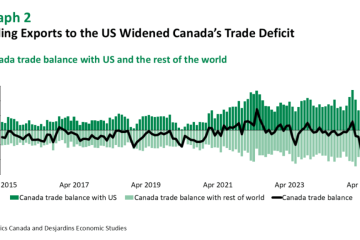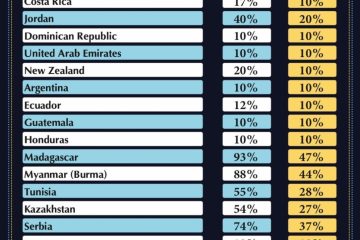The Impact of Global Events on Oil Prices

Introduction
Oil is a critical commodity that powers economies and influences global markets. Recent events such as geopolitical tensions, natural disasters, and economic policies have contributed to fluctuations in oil prices, affecting consumers and industries alike. Understanding these trends is essential for both individuals and businesses making strategic decisions.
Recent Trends in Oil Prices
In the last few months, oil prices have experienced notable volatility. According to the U.S. Energy Information Administration, Brent crude oil prices rose by over 20% in early October 2023, surpassing $90 per barrel, largely due to ongoing conflicts in the Middle East and production cuts from OPEC+. The organization announced a continuation of its cuts through the end of the year to stabilize prices amidst the uncertain landscape.
Global Events Affecting Oil Supply and Demand
Geopolitical instability has historically been a major driver of oil prices, and the recent escalation in conflicts in oil-rich regions has triggered concerns over supply disruptions. For example, tensions between major oil-producing countries have resulted in fears that exports might be jeopardized. Additionally, Hurricane Ida affected production in the Gulf of Mexico in late 2021, demonstrating the vulnerability of oil infrastructure to natural disasters, which echoes in the current market response to any sign of disruption.
On the other hand, the shift towards renewable energy sources has started to challenge the long-term demand for oil. However, the transition appears uneven, particularly in developing nations where reliance on oil remains high due to limited alternatives. Reports indicate that as countries recover from the impacts of the COVID-19 pandemic, global oil demand is expected to rise, further complicating the oil market’s dynamics.
Economic Implications
The recent uptick in oil prices not only impacts energy companies but also influences the broader economy. Higher oil prices can lead to increased costs for transportation and goods, potentially prompting inflationary pressures. Canadians, for instance, are already seeing higher gas prices at the pump, which subsequently affects household budgets and spending habits.
Conclusion
As the world grapples with uncertain geopolitical landscapes, combined with a slow but steady transition towards renewable energy, the oil market will continue to experience significant fluctuations. For consumers, understanding the intricacies of oil pricing and its driving forces is crucial, as shifts can impact daily expenses and overall economic stability. Looking ahead, analysts predict that oil markets will remain sensitive to global events, necessitating keen insights for stakeholders at all levels.









